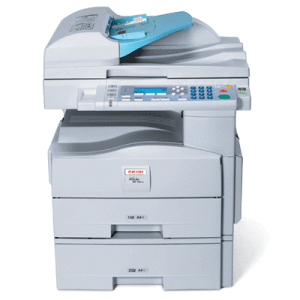
When a prospective client is hiring a probate attorney in New York the first thing I’ve noticed that is usually on my client’s minds is: do I trust this person? This is probably the most valid concern and clients have a duty to themselves to make sure one of the most important tenets to the attorney-client relationship is present.
Believe it or not, that is also on the attorney’s mind. As an attorney I get lied to every day in some sort of fashion. As a human being, I’d imagine you do as well. So, as much as you are feeling out your prospective attorney, I’d imagine they’re doing the same to you. Personally, I value good working relationships over money. When a client listens to the words I say, trusting those words and then chooses a path set before them contemplated in logic, law and the facts of the case, the attorney-client relationship is allowed to do what it’s meant to: allow me to actually help. Honesty from a client is going to enable me to be a more effective attorney who can anticipate possible speed bumps or roadblocks and help me produce better results for the client. I like getting good results. I imagine any prospective client likes them as well.
This obviously begs the question: how do I quickly come to a trusting relationship with my attorney?
I’ve found the easiest way is by word of mouth. If someone has worked with me before and refers me a friend or relative, then I know that the previous client a) thought I did a good job and b) trusts me enough to put me in their friend or relative’s hands. These are the greatest compliments I receive and the easiest relationships I usually have. Many times we can dive right into the issues because the trust boundary has already been overcome by my past relationship with the previous client. We merely just get to work. I also like getting to work.
Prospective clients that come from sources other than word of mouth encounter trust issues at a greater rate and it becomes necessary for a professional courting to take place. I’ve purposely been with my wife for 18 years because my courting days are well behind me. Yet, I understand the need for it and don’t mind playing to a point. I get it. You want to make sure your attorney is professionally competent enough to handle your case. You want to make sure your attorney is not going to just take your money with little or no result. You want to make sure the story you speak about with your attorney is going to remain in confidence. In essence, you want to make sure about the very thing I’m writing about: can I trust this person? I get it. So here is the weird, slightly illogical, but time-tested answer to that question: pay a consultation fee.
For example: I get a call about a contested probate issue with a plethora of issues and even further avenues of potential paths. The prospective client wants to explore these issues on a call or meeting, but does not want to pay a fee for the consultation. Sometimes, I offer free consults, but as of late those sometimes are getting less and less frequent. The reason is that a) I can’t give advice to non-clients as an attorney and b) I must value my time because my other clients are giving high value to it as well. The result of my “free consultations” is that they usually end up having very little substantive matter within them and people feel unsatisfied after. So, I’ve found that having a prospective client actually pay the consultation fee helps resolve the trust issue. They get to have a real conversation with me about their issues and the legal implications of those issues. They ask probing questions and I do my best to answer them or begin to find a route to those more complicated answers. They usually feel satisfied, even if the consultation was enough and they don’t need to retain me because there was a quick answer. In fact, they might even be happy because all it took was one meeting. I’m probably happy as well. I like solving problems. If it’s the start of a lengthier engagement, then I also begin to trust them and the story they are telling more because they are, using the old adage, “putting their money where their mouth is.” My takeaway here is evident: a prospective client who pays for a consult enhances one of the most substantial building blocks of the attorney-client relationship, trust, both for themselves and for the attorney.

